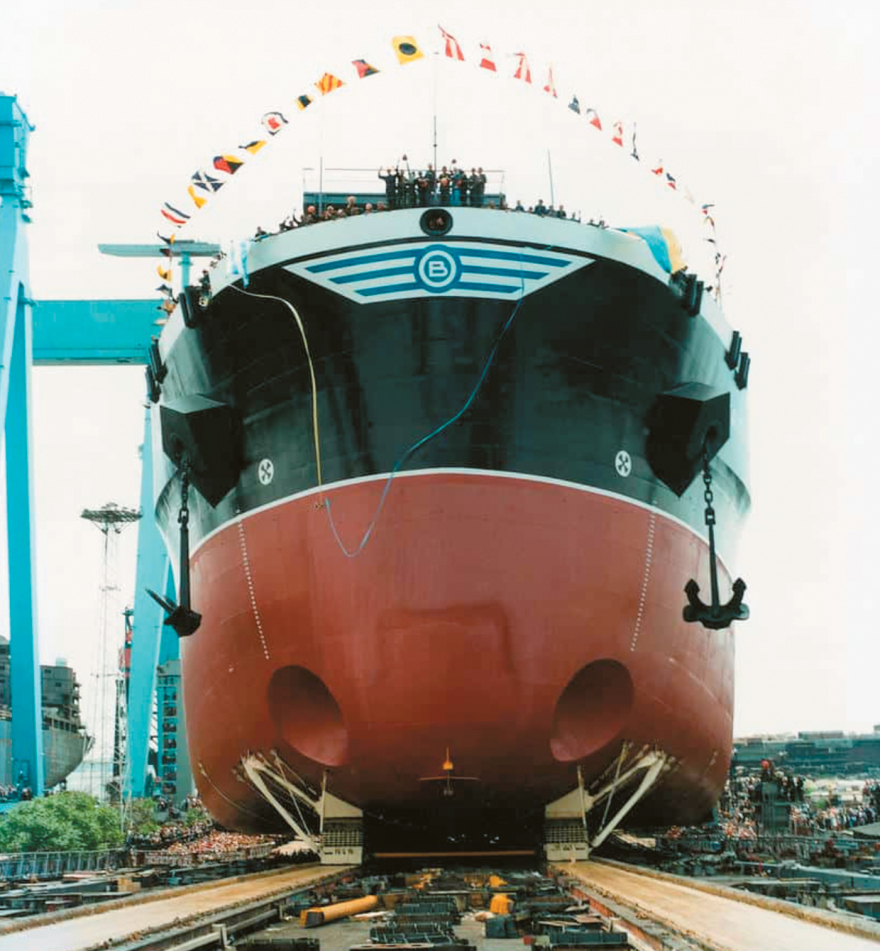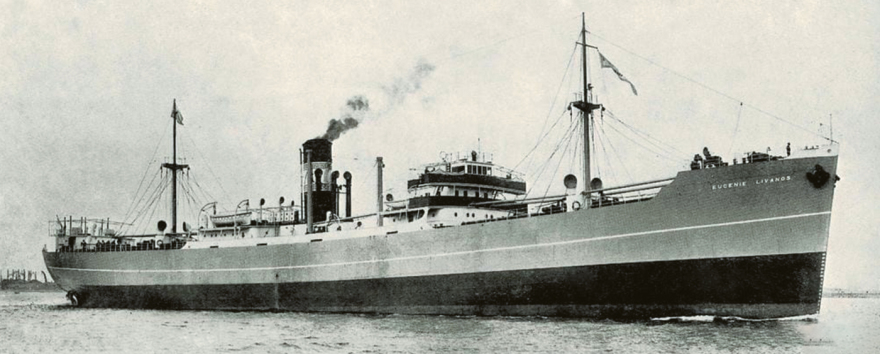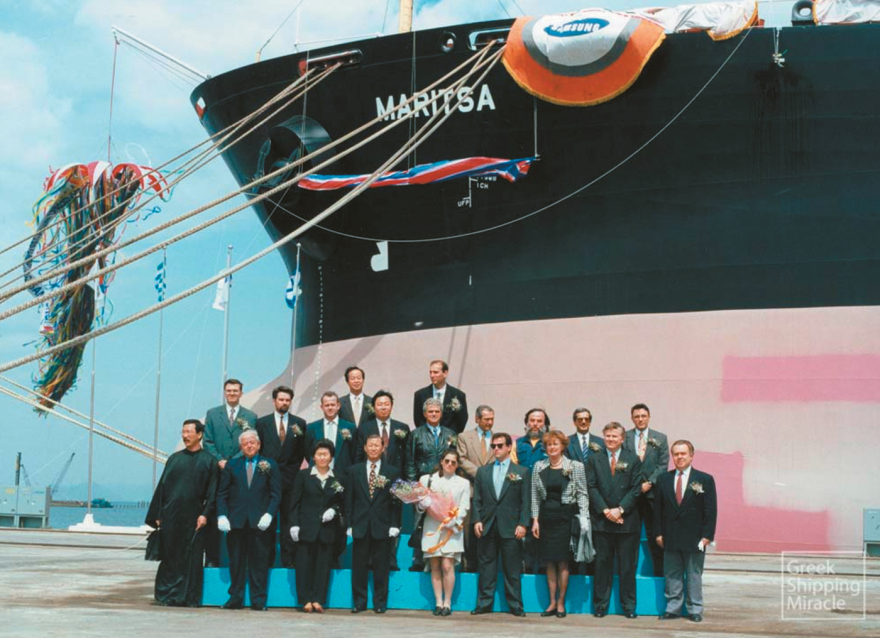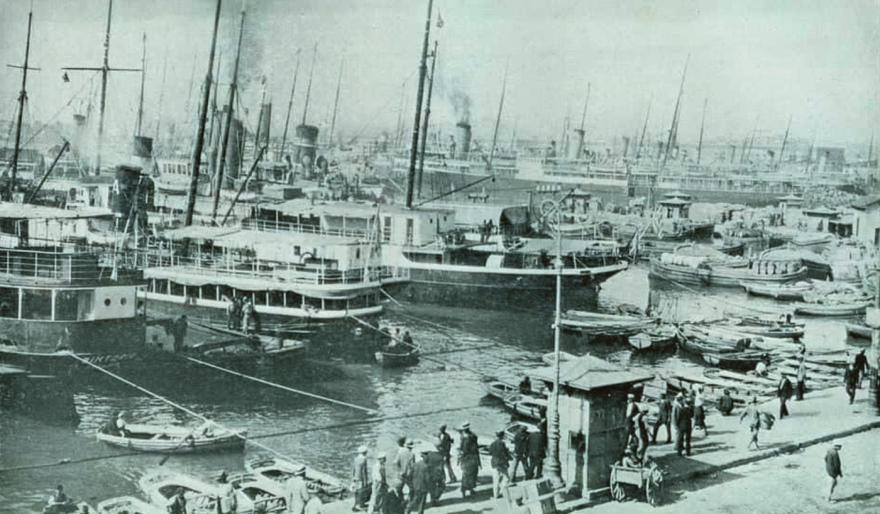Despite Greece’s centuries-old maritime heritage, today, very few young people choose to pursue careers at sea—even though conditions and pay have drastically improved compared to past decades. This trend has sparked concerns that in the coming years, one of the largest Greek-owned fleets in global shipping may have very few Greek sailors and captains on board.
Why are young people turning away from seafaring despite attractive wages? Why do they prefer land-based careers with lower pay?
The Wages
Recently, shipowner Haris Vafias brought the issue to light, noting that Greek youth are choosing lower-paying jobs on land instead of well-paid jobs at sea. He cited the average captain’s salary at around €14,000 and emphasized that modern ships are safer and equipped with advanced communication systems that help sailors stay connected with society and their families. Yet, the issue is complex and cannot be reduced to a simple explanation.

Although salaries for officers are high, they are not calculated on a 12-month (let alone 14-month) basis. Voyages typically last six months, sometimes extending to eight. Some ships, like LNG carriers, limit voyages to four or five months for officers and engineers.

In Greek-flagged vessels, the law mandates that at least 4+1 or 5+1 crew members must be Greek, depending on the ship’s tonnage. Until recently, it was also mandatory for the captain to be Greek, but this is no longer the case.
The Challenges
For decades, seafaring was a pillar of Greece’s economy and tradition—especially on islands like Chios, Andros, and Syros. However, fewer young people are opting for maritime careers today, raising concerns about the future of Greece’s merchant marine. Other maritime nations like the UK and Norway face similar challenges.
Some students of the Merchant Marine Academies abandon their seafaring path after their first or second training voyage, opting instead for jobs on ferries, shipping offices, or joining the coast guard.
Work-Life Balance and Modern Preferences
Captain Antonis Pitsilos, president of the Chios Marine Club, explains: “Life at sea involves risk, isolation, physical and mental fatigue, and separation from family and personal life. These factors make the profession less attractive, even if the pay is good.” Salaries for cadets range from €1,200 to €2,500, depending on the vessel type and size.
Today’s youth value work-life balance, regular hours, remote work, and social connectivity—benefits not typically associated with maritime work. Other sectors like tech and tourism offer career paths more aligned with their lifestyle.




The International Chamber of Shipping (ICS) predicts a shortage of 90,000 experienced seafarers by 2026. Rising geopolitical tensions (e.g., Yemen’s Houthis, Ukraine war) have increased risks at sea, further discouraging youth.
A Call to Action
Minister of Shipping Vassilis Kikilias, speaking at the Delphi Economic Forum, urged young people to consider shipping careers, emphasizing the sector’s high pay and life-building opportunities. He called for top-tier maritime education and a renewed push to modernize training.

Pitsilos suggests better outreach in schools and the media to promote shipping as a modern and viable career path. He also calls on shipping companies to hire cadets directly from academies and build long-term officer pipelines.
Industry Voices
Veteran Captain Panagiotis Tsakos, with over 70 years at sea, passionately defends the profession. He takes pride in founding educational institutions like the Merchant Marine Academy in Chios, and sees inspiring youth as a personal mission.
The Union of Greek Shipowners (UGS), led by Melina Travlou, views youth recruitment as its primary challenge. She stresses that without youth, the future of Greek shipping is at risk. UGS supports public maritime academies and proposes incorporating shipping education into primary schooling.

The Greek-Owned Fleet
Greece maintains a leading position in global shipping. According to the Greek Shipping Cooperation Committee’s 38th annual report (based on data from S&P Global, March 2025), the Greek-controlled fleet now comprises 4,221 ships with 354 million DWT and over 208 million gross tons. The average fleet age remains 4.3 years below the global average.
Ask me anything
Explore related questions





